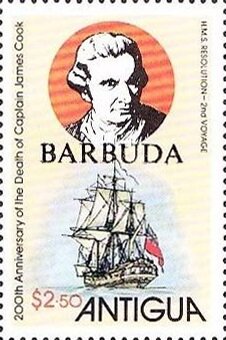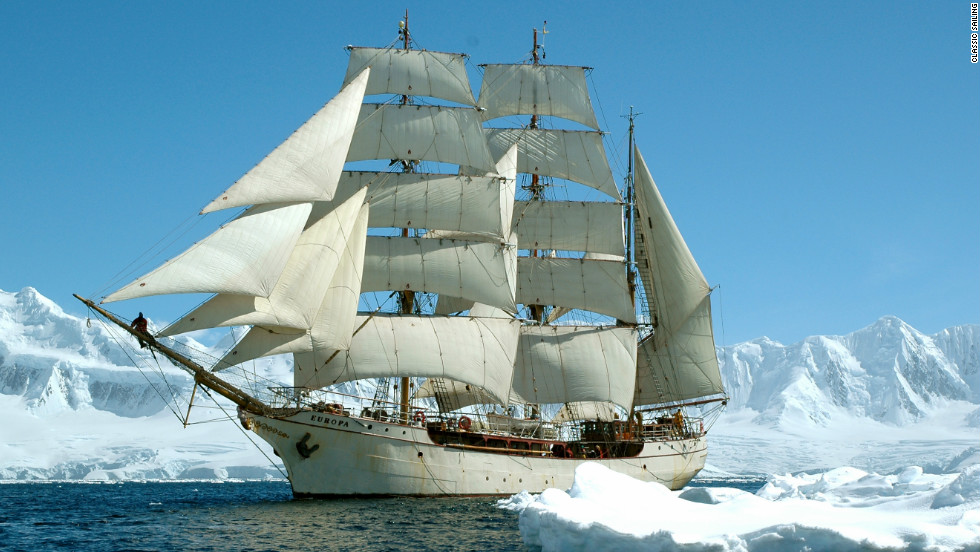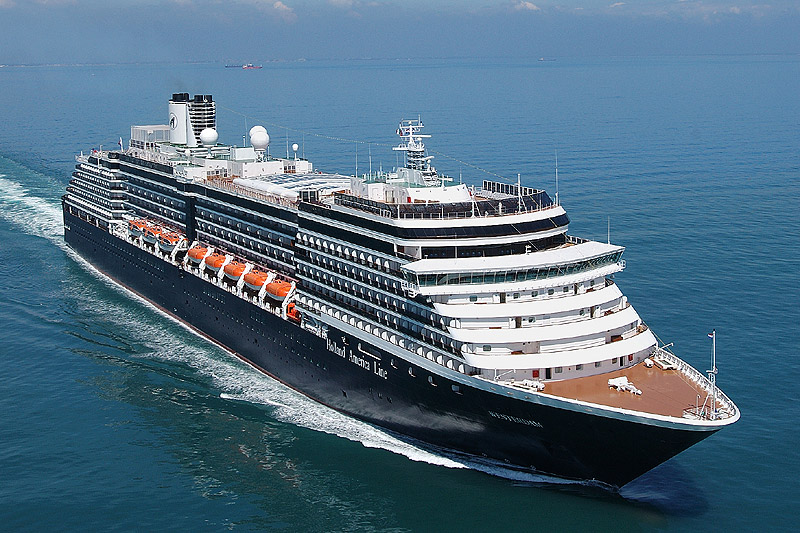Stamp: Captain James Cook (Barbuda 1979)
Captain James Cook (Barbuda 1979)
01 August (Barbuda ) within release 200th death of Captain James Cook goes into circulation Stamp Captain James Cook face value 2.50 East Caribbean dollar
| Stamp Captain James Cook in catalogues | |
|---|---|
| Michel: | Mi: BX 464 |
Stamp is square format.
Stamp from souvenir sheet.Also in the issue 200th death of Captain James Cook:
- Souvenir Sheet - HMS Resolution face value 2.50;
- Stamp - Birthplace in Marton face value 25;
- Stamp - HMS Endeavor face value 50;
- Stamp - Pocket watch face value 90;
- Stamp - Landing at the Botany beach face value 3;
- Stamp - Captain James Cook face value 2.50;
Stamp Captain James Cook it reflects the thematic directions:
An anniversary is the date on which an event took place or an institution was founded in a previous year, and may also refer to the commemoration or celebration of that event. For example, the first event is the initial occurrence or, if planned, the inaugural of the event. One year later would be the first anniversary of that event. The word was first used for Catholic feasts to commemorate saints. Most countries celebrate national anniversaries, typically called national days. These could be the date of independence of the nation or the adoption of a new constitution or form of government. The important dates in a sitting monarch's reign may also be commemorated, an event often referred to as a "Jubilee".
Exploration is the process of exploring, an activity which has some expectation of discovery. Organised exploration is largely a human activity, but exploratory activity is common to most organisms capable of directed locomotion and the ability to learn, and has been described in, amongst others, social insects foraging behaviour, where feedback from returning individuals affects the activity of other members of the group
Famous People refers to the fame and public attention accorded by the mass media to individuals or groups or, occasionally, animals, but is usually applied to the persons or groups of people (celebrity couples, families, etc.) themselves who receive such a status of fame and attention. Celebrity status is often associated with wealth (commonly referred to as fame and fortune), while fame often provides opportunities to make money.
A navigator is the person on board a ship or aircraft responsible for its navigation. The navigator's primary responsibility is to be aware of ship or aircraft position at all times. Responsibilities include planning the journey, advising the ship's captain or aircraft commander of estimated timing to destinations while en route, and ensuring hazards are avoided. The navigator is in charge of maintaining the aircraft or ship's nautical charts, nautical publications, and navigational equipment, and they generally have responsibility for meteorological equipment and communications. With the advent of satellite navigation, the effort required to accurately determine one's position has decreased by orders of magnitude, so the entire field has experienced a revolutionary transition since the 1990s with traditional navigation tasks, like performing celestial navigation, being used less frequently. Using multiple independent position fix methods without solely relying on electronic systems subject to failure helps the navigator detect errors. Professional mariners are still proficient in traditional piloting and celestial navigation.
A modern sailing ship or sailship is any large wind-powered vessel. Traditionally a sailing ship (or simply ship) is a sailing vessel that carries three or more masts with square sails on each. Large sailing vessels that are not ship-rigged may be more precisely referred to by their sail rig, such as schooner, barque (also spelled "bark"), brig, barkentine, brigantine or sloop. There are many different types of sailing ships, but they all have certain basic things in common. Every sailing ship has a hull, rigging and at least one mast to hold up the sails that use the wind to power the ship. The crew who sail a ship are called sailors or hands. They take turns to take the watch, the active managers of the ship and her performance for a period. Watches are traditionally four hours long. Some sailing ships use traditional ship's bells to tell the time and regulate the watch system, with the bell being rung once for every half hour into the watch and rung eight times at watch end (a four-hour watch). Ocean journeys by sailing ship can take many months, and a common hazard is becoming becalmed because of lack of wind, or being blown off course by severe storms or winds that do not allow progress in the desired direction. A severe storm could lead to shipwreck, and the loss of all hands. Sailing ships are limited in their maximum size compared to ships with heat engines, so economies of scale are also limited. The heaviest sailing ships (limited to those vessels for which sails were the primary means of propulsion) never exceeded 14,000 tons displacement. Sailing ships are therefore also very limited in the supply capacity of their holds, so they have to plan long voyages carefully to include many stops to take on provisions and, in the days before watermakers, fresh water.
A ship is a large watercraft that travels the world's oceans and other sufficiently deep waterways, carrying passengers or goods, or in support of specialized missions, such as defense, research and fishing. Historically, a "ship" was a sailing vessel with at least three square-rigged masts and a full bowsprit. Ships are generally distinguished from boats, based on size, shape and load capacity.






